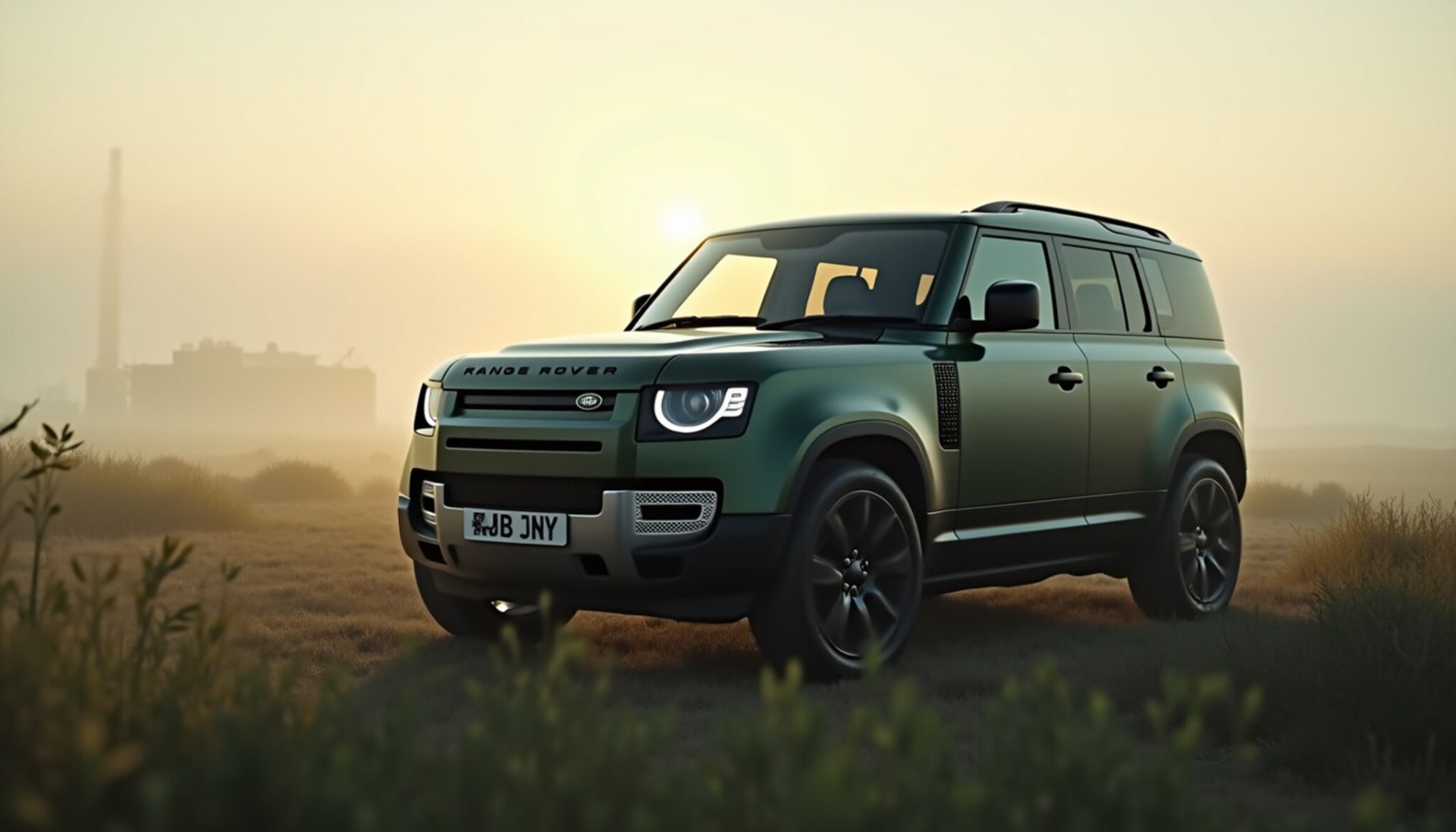Jaguar Land Rover (JLR) is going through a difficult period. Starting April 2025, the British car manufacturer will no longer be shipping their vehicles to the United States, which is raising speculation across the car industry. This is not a temporary break but rather a response caused by a 25% tax on imported vehicles set by the Trump government on April 3rd. Tariff-induced pauses from spending on very British brands might signal larger implications for Britain’s luxury brands. What are the underlying reasons for such decisions, and the consequences for JLR and their fans in the U.S.?
Problems With A Tax Coming Slowly
This is all the more troubling considering JLR builds and retrofits Range Rover and Defender vehicles in the UK. It starts with imported tax policy changes. Looking to more strictly popular domestic industries, President Donald Trump has disrupted international business plans for competitors like JLR. Do not forget that this company marks an economic value of 6.5 billion dollars in sales from 30 billion total sales in the year ending March 2024. This would amount to more than China or even the UK coupled with hitting the mid-30 % mark of annual sales at 400 thousand for Range Rover Sport and Defender both.
British car brands that do not have homegrown factories in the United States are particularly vulnerable to American competition compared to Japanese or German rivals with stateside plants.
What has JLR done? “Assess the Impact,” as the company put it, which translates into pausing shipments for a month starting in April. JLR pausing shipments is part of “short term measures”, CNBC quotes a spokesperson saying,
“The USA is an important market for JLR’s luxury brands. As we devise long term plans, we are taking shipment pauses and other immediate steps.”
Why pay 25% more if you still have to buy the cars? It’s a reasonable stance to take.
Across the Atlantic, the effects might not be felt as viscerally as they will in the UK where JLR employs a whopping 38 thousand, but there is worry, real worry. The region of West Midlands that houses car plants like the Solihull facility, whose sprawling size is matched only by the anxiety spellbound citizens feel at the thought of a sales slump, may get hit. An estimate put forth by the Institute for Public Policy Research put the figure of British auto jobs potentially lost to Trump’s tariffs at 25 thousand. That’s quite a number for a nation touted as the birthplace of modern car manufacturing integrated into the identity of places like Liverpool and Solihull. The pubs in this region will no doubt be filled with people wondering why some policy thought of 3,000 miles away would impact their livelihood.
Over 389 JLR dealers within the U.S. will be greatly impacted by the pause, and may soon find themselves facing empty lots. Currently available inventory, like a couple months’ worth of Range Rover and Jaguar stock, will not face the brunt of the tariff. However, buyers could potentially see an increase in prices or lack of available options after that period. For a mother living in Denver, like Sarah, who is considering purchasing a Defender for her family trips to the mountains, will have to deal with either waiting longer or paying more.
Is There Really A Change Coming?
JLR is fully aware that they cannot afford to sit back and wait any longer. The business has already begun to make changes. Jaguar is in the process of discontinuing models, like the I-Pace, as they plan on going fully electric by next year. Land Rover continues to produce best sellers domestically in the UK, as well as in Slovakia for select models. This tariff situation could potentially force JLR to change their plans, and even encourage them to start building some of their cars in the U.S. Eventually, other car manufacturers like BMW and Toyota set up shop in states like South Carolina and Kentucky. Is it likely for JLR to go down this path? It’s a long shot, but not impossible.
While praising JLR on April 7, Prime Minister Keir Starmer declared,
“This is British brilliance in the flesh.”
He does make a valid point, however JLR is the crow-jewel of the J.K. empire. But, dodging brilliance is not an option to escape government tariffs, and now they are in a scramble to negotiate a less painful trade deal with Washington.
What’s Next for JLR and You?
Currently, JLR is in a ‘wait and see’ situation due to the uncertainty in the market. The burning question is: Will American consumers pay the premium price for the British symbol of class? Or look for more affordable alternatives from Tesla, or even home brands like Ford? The auto industry is looking at this very carefully, because if JLR gives in, other international brands will likely follow suit. Imagine this scenario: one year from now, we face an altered landscape with an industry suffering from broken supply chains due to tariffs and politics.
Whether you are a car fanatic or someone who adores eyeing a good Range Rover, this situation is worth paying attention to. This serves as a reminder of how global trade scuffles can undeniably affect you- or at least in your driveway. What do you think? Is this the start of bumpy journeys for JLR or will they bounce back stronger?
